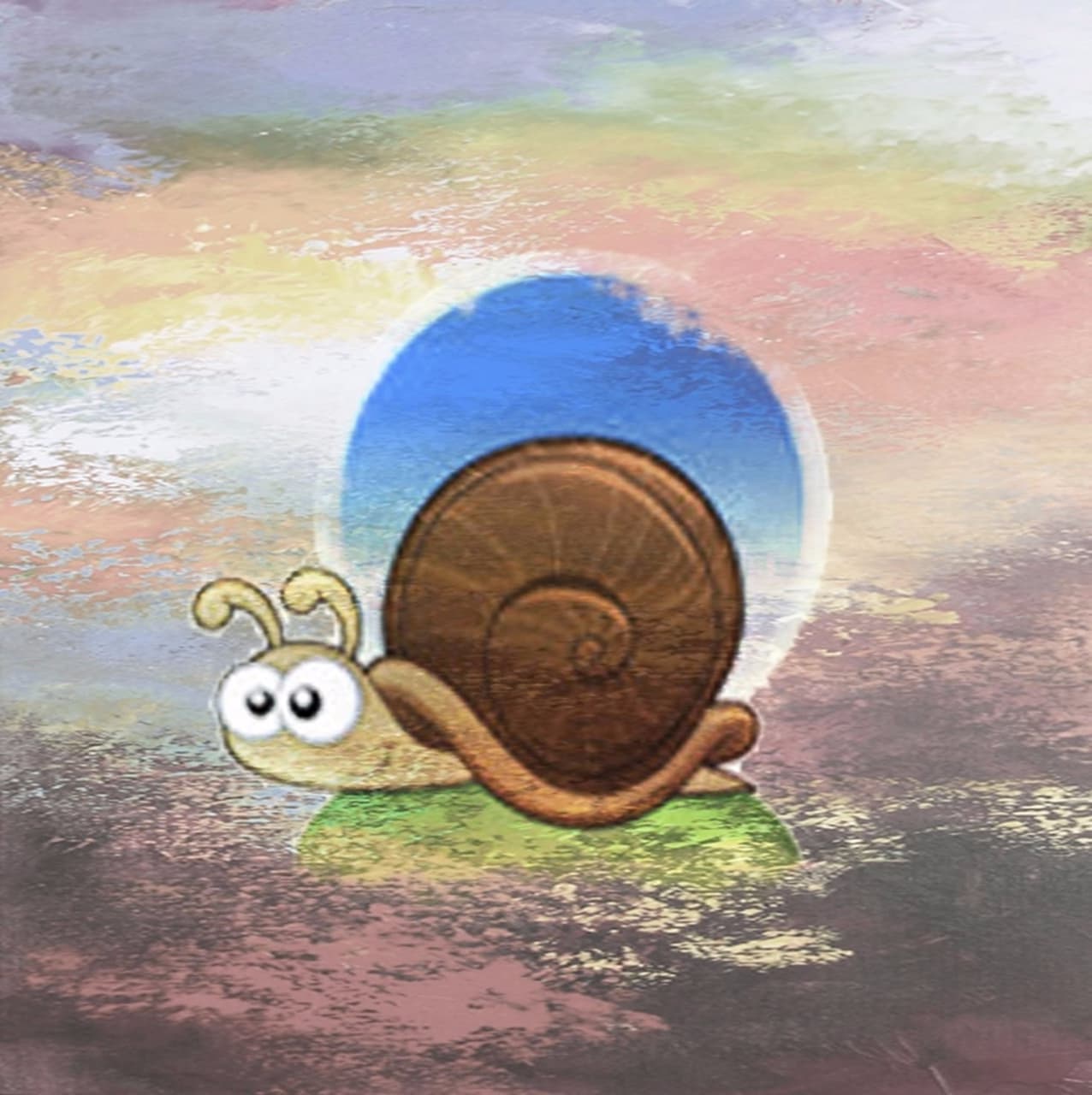#4: The Slow Hunch
In July of 2020, I read the book "Where Good Ideas Come From: The Natural History of Innovation” by Steven Johnson. I read the book as part of the Roam Book Club, and I remember excitedly talking about it with friends. Many ideas resonated, and one that continues to stick with me is, The Slow Hunch.
In this post, I want to explore the ideas behind The Slow Hunch, one of 7 patterns of innovation that Johnson identifies.
What is the slow hunch?
It’s common to think that great discoveries happen in “Eureka!” moments. For instance, we may think that Isaac Newton discovered gravity when an apple fell on his head, or that Archimedes discovered the law of buoyancy while taking a bath. Although both of these stories may be apocryphal, it’s interesting that these myths continue to be told today. Like all myths, they’re not completely false, and there are interesting lessons to be learned, if the myths are understood in a fuller context.
Newton and Archimedes may have had these moments of epiphany, but they didn’t come in a burst out of anywhere. A more likely scenario is that the "Eureka!” moments appeared after a long time of being in the trenches and thinking about scientific problems. Newton and Einstein were slowly grinding through the days, just like all of us, and the "Eureka" moment happened when they gave their brain a break - as the story goes, Newton while sitting outside under an apple tree, and Archimedes while taking a bath. Most importantly, the moral of the "Eureka!” story is that groundbreaking discoveries happen slowly, over time, and the beautiful thing is that discoveries don't need to be groundbreaking to be meaningful or impactful. Given the right conditions, we can all make discoveries, and I want to walk you through how you, too, can cultivate Slow Hunches.
Cultivating Slow Hunches
I like to think about two analogies for how to cultivate slow hunches. The first, one that I've borrowed from the personal knowledge management community, is the idea of a garden; and the second, one that I’ve created, is the idea of a little human, a homunculus, going through the stages of life. I don't think the analogy that I created is particularly unique, and I'm sure others have already shared it on the Internet, or at the least have written about it in their personal notebooks, but I just haven't come across it on the various note-taking forums and communities I engage with, so for purposes of this post, I will take credit for it.
The analogy of an idea garden is fairly simple, but a bit cumbersome to explain, so bear with me.
Growing an Idea Garden
First start by writing an ephemeral idea that popped in your head. Let’s call this a fleeting note. For example, on Monday, you may have had the idea to start gardening (real gardening, with soil and plants, not idea gardening) and so you jot down this desire in a notebook.
The next day, on Tuesday, when you once again sit down with your notebook, you start to flesh out your desire. You might ask yourself exploratory questions like, "why do I want to garden?" and "what do I already know about gardening," and "do I really want to start gardening, or is there something else I want to do instead?" Let's say you figure out that you want to start gardening for good reasons, and you feel committed to doing it. This idea now becomes a "seedling" in your journal.
Wednesday rolls around, you open your notebook over a cup of coffee in the morning, and note down that you don't know a lick about gardening. Great. No problem. That’s what the Internet is for. You start researching. Each interesting piece of information that you learn about, you summarize in your own words, and create a literature note. After a few days, or maybe even one week, or two, you're ready to turn your seedling and literature notes into an "evergreen note."
An evergreen note is like a beautiful, tall, independent, oak tree. It is the culmination of your research and your thinking into your own special note, in your own words, that you get to use and reuse over time. An evergreen note is the product of a slow hunch, and many evergreen notes combined, lead to discoveries.
Growing a homunculus
The second analogy of a slow hunch is a homunculus. Pre-formationism, the belief that human beings started out as tiny, preformed humans, has long been disproven, but it's a fun visual to think about and relate to note taking. Imagine your notes like little preformed discoveries that progress through the stages of life, getting bigger and more powerful with love and nurture.
Final thoughts
Slow hunches, rather than quick “Eureka!” moments, are the key to discovering new ideas that could add more meaning and more impact to your life. To better serve your community, you must first serve yourself, fill your own cup before filling others’, - and, nurturing notes to cultivate slow hunches may just well be the way to do that!
References and further reading
https://www.goodreads.com/book/show/8034188-where-good-ideas-come-from
https://en.wikipedia.org/wiki/Homunculus
https://maggieappleton.com/garden-history



